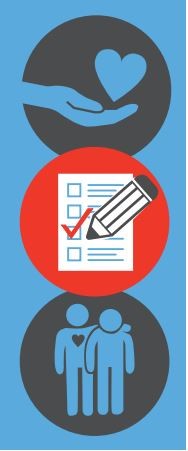Nursing homes are entering the 4th week of sequestering their residents to protect them from the fast-spreading coronavirus, and family members physically cut off from their loved ones are increasingly worried about their care and mental health.
Family and friends of residents of any type of senior living community should stay away because some people can have a COVID-19 infection without symptoms. Others may be contagious days before showing symptoms. There is a risk that people who appear healthy will enter nursing homes and assisted living communities and still infect residents.
Other caregivers worry because it has been more than 4 weeks since they have been allowed to assist staff with the daily care of their loved ones. Wives feed husbands, husbands make sure that their spouses do their physical therapy, and social isolation and depression can be big worries. People are worried that government guidelines are depriving nursing home residents of important support. In addition to providing company, love and a friendly face, families provide vital monitoring and often essential care.
Nursing homes may have more to fear from visitors and staff carrying the virus than vice versa, as their residents are highly susceptible to the virus. But restricting visits doesn’t mean curtailing communication from family and friends, he said.
Most advocates continue to urge family members not to panic and say it is unwise for them to bring loved ones home to try to avoid infection. Residents are in nursing homes because they need higher levels of care than generally can be provided at home.
To calm family member’s fears, precautions facilities are implementing:
- All staff, including housekeeping staff, receive in-service COVID-19 infection control training in addition to online infection control training.
- Limiting the sharing of medical equipment among residents. When sharing equipment is necessary, it should be properly cleaned and disinfected before it is moved to another patient.
- Avoid sharing items such as pens and pads.
- When phones, internal communication devices or nursing stations are shared, they should be disinfected frequently.
- Staff should use gowns, gloves and face masks or goggles when treating ill patients.
- Residentssuspected of having the virus should be placed in single rooms with closed doors.
- Open dining rooms will be closed and meals delivered to all residents’ rooms.

